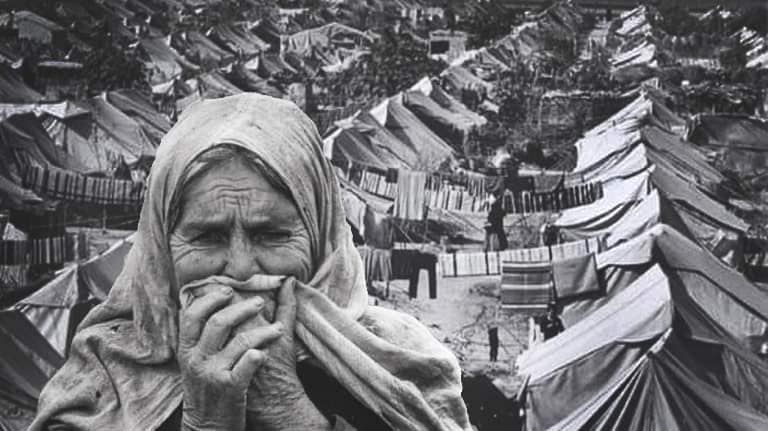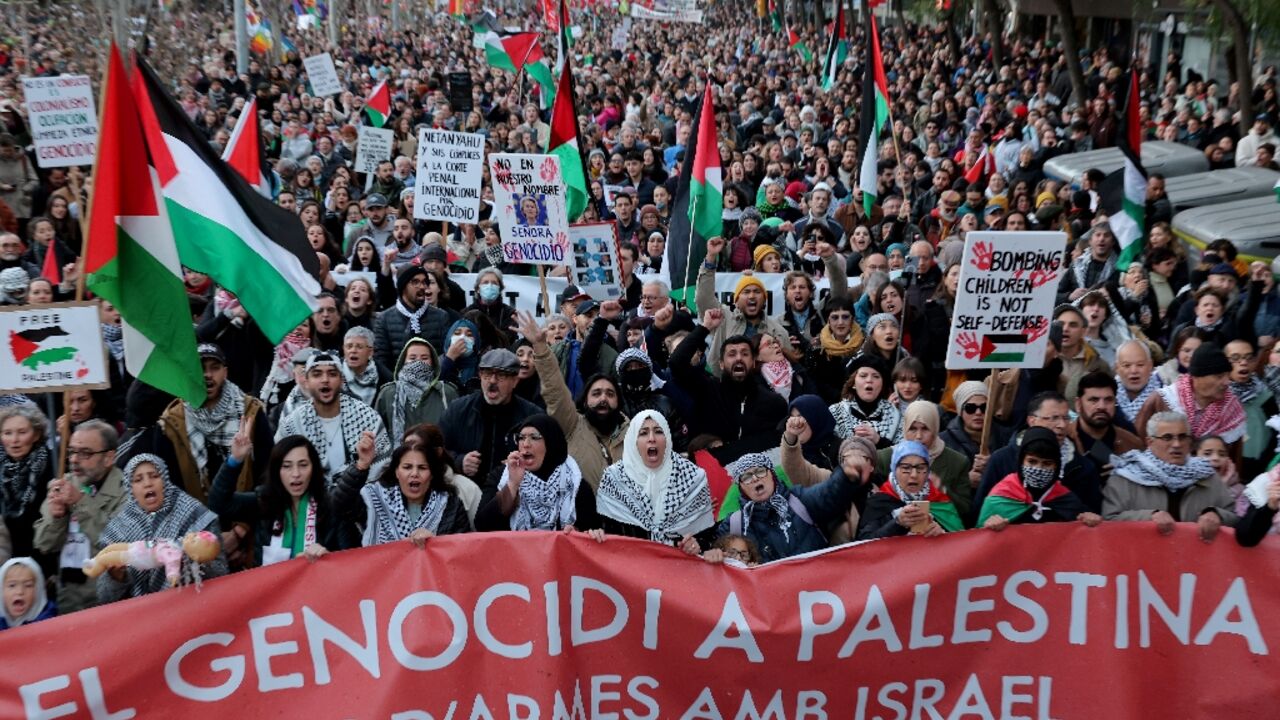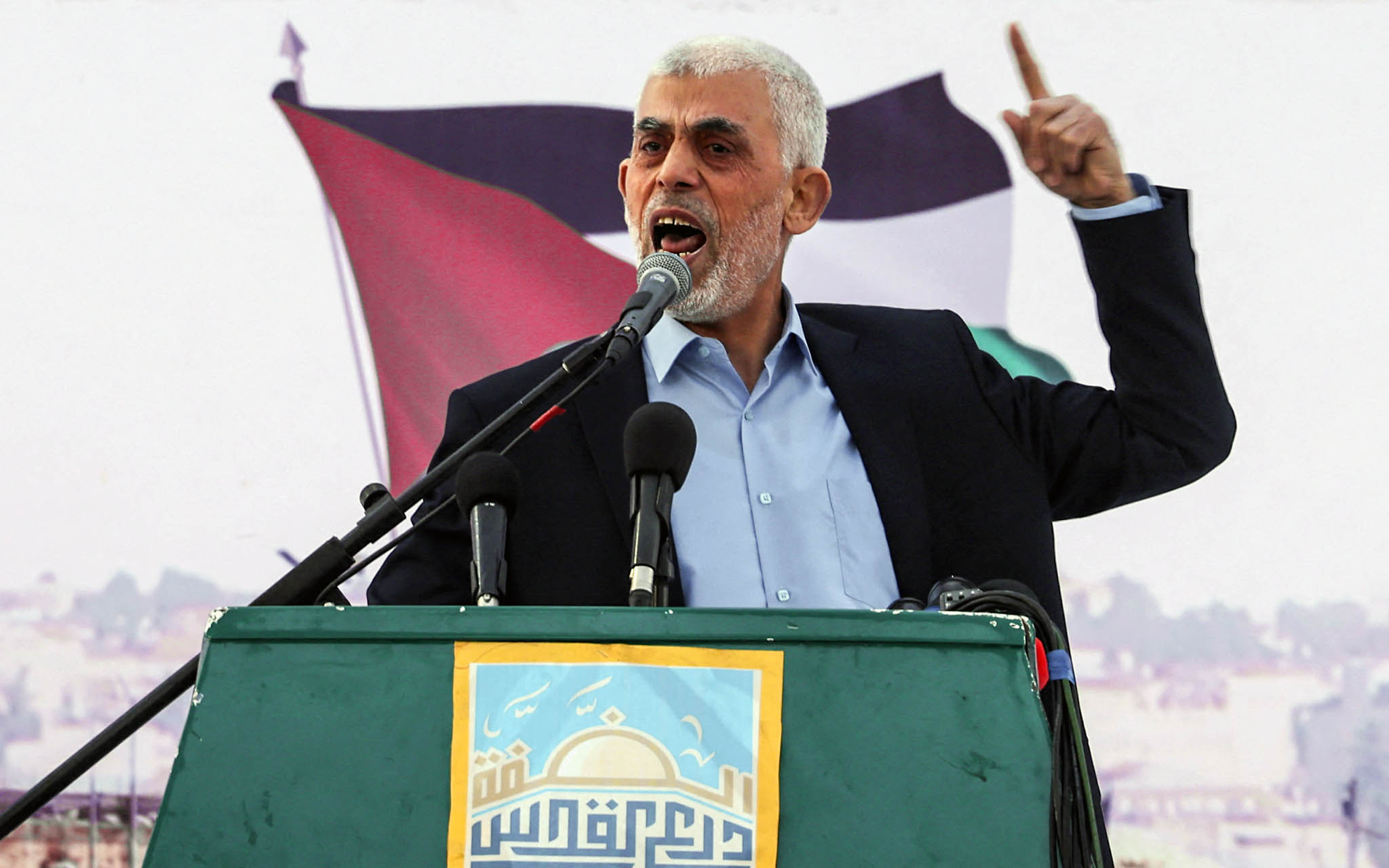In 1947-1948, a profound and devastating chapter in the history of the Middle East unfolded as the state of Israel was established, resulting in the mass expulsion and flight of over 700,000 Palestinians from their homes. This period of displacement and loss is known to Palestinians as the “Nakba,” meaning “catastrophe” in Arabic. The Nakba continues to shape the Palestinian experience today, leaving deep emotional scars and fueling decades of conflict, displacement, and hardship.
The Roots of the Nakba
The origins of the Nakba are deeply entwined with the geopolitical changes that occurred in the early 20th century. As the Ottoman Empire collapsed following World War I, Britain took control of Palestine under a League of Nations mandate. During the same period, Jewish migration to Palestine increased, fueled by the Zionist movement, which sought to establish a Jewish homeland. Tensions between Jewish and Arab communities in the region rose, with violent confrontations occurring throughout the 1920s and 1930s.
The situation escalated further after the United Nations voted in 1947 to partition Palestine into separate Jewish and Arab states, with Jerusalem placed under international control. While the Jewish community largely accepted the plan, the Arab community rejected it, unwilling to see Palestine divided. This rejection set the stage for violence, culminating in the 1948 Arab-Israeli War, which broke out immediately following the declaration of the state of Israel.
Expulsion and Flight
As the war raged, Zionist militias and Israeli military forces began an aggressive campaign to establish territorial control over the land designated for the Jewish state. In many areas, this meant the forceful expulsion of Palestinians from their homes. Entire villages were emptied, and civilians were subjected to violence, intimidation, and massacres. Cities like Haifa, Jaffa, and Acre saw large numbers of their Palestinian populations either forced out or fleeing in fear.
The systematic campaign of displacement was not confined to military fronts. Palestinian villages were destroyed, and the homes of the displaced were razed to prevent their return. In many cases, Palestinians were driven out at gunpoint, leaving behind their property, their livelihoods, and their communities. These expulsions were often accompanied by a widespread fear that returning would lead to death or persecution.
The total number of displaced Palestinians reached over 700,000, representing more than half of the Palestinian Arab population at the time. This forced migration created what is known as the Palestinian refugee crisis, with many Palestinians seeking shelter in neighboring countries like Jordan, Lebanon, Syria, and Egypt, where they have remained in refugee camps for generations.
The Impact of the Nakba
The Nakba had far-reaching consequences, not just for the Palestinians who were displaced, but for the entire region. The creation of Israel and the mass expulsion of Palestinians laid the foundation for a decades-long conflict that continues to this day. The Nakba established a deep sense of loss and trauma among Palestinians, who were not only deprived of their homes but also of their rights and dignity.
For Palestinians, the Nakba is not merely a historical event; it is a living memory passed down from generation to generation. Each year on May 15, Palestinians and their supporters commemorate Nakba Day, a time to reflect on the tragedy, honor the victims, and renew calls for justice, including the right of return for refugees and their descendants.
On a broader scale, the Nakba has become a symbol of the Palestinian struggle for self-determination and sovereignty. The refugee issue remains one of the core elements of the Israeli-Palestinian conflict, with Palestinian refugees and their descendants numbering in the millions. For many Palestinians, the Nakba represents not just the loss of land, but the denial of their right to return to their ancestral homes.
A Legacy of Conflict and Persecution
The Nakba set the stage for what would become a protracted and bitter conflict between Israel and the Arab world. Wars, uprisings, and peace attempts have marked the decades that followed, but the issue of Palestinian refugees and their rights remains unresolved. The Nakba continues to fuel tensions, as many Palestinians feel that they are denied justice and that their suffering is ignored by the international community.
The Nakba also contributed to the ongoing cycle of persecution. Displacement, statelessness, and a lack of basic rights have plagued Palestinian refugees for over seven decades. Many still live in overcrowded refugee camps with limited access to education, healthcare, and employment opportunities. The question of Palestinian identity, once deeply rooted in their land, has evolved into one of resilience and resistance, but the yearning for justice and return remains ever-present.
Looking Toward the Future
The Nakba remains a central narrative in Palestinian national identity, but the road to healing and justice is fraught with political and ideological challenges. Palestinian refugees continue to seek recognition of their rights, including the right to return, and the broader Palestinian population seeks an end to occupation and self-determination. While the Nakba remains a traumatic memory, it also serves as a rallying cry for Palestinians, who continue to advocate for their rights and dignity on the world stage.
The Nakba is a painful chapter in the history of the Middle East, but it is also a story of resilience. The displacement of over 700,000 Palestinians in 1947-48, the destruction of their homes, and the ongoing struggle for justice are not simply relics of the past; they are an indelible part of the present. The Nakba is a reminder that peace, justice, and reconciliation can only be achieved when the rights of all people—whether Israeli or Palestinian—are acknowledged and respected.
In conclusion, the Nakba stands as a tragic marker in the history of the Israeli-Palestinian conflict, a story of loss, exile, and suffering that has reverberated through generations. For Palestinians, it is a collective memory that shapes their identity and informs their continued struggle for justice. As the conflict endures, the Nakba serves as both a painful reminder of the past and a call to action for a future of peace and resolution.




